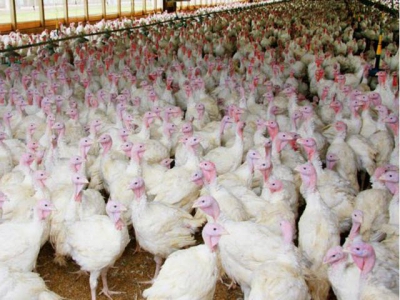Digital imaging for animal monitoring progresses

Camera and vision techniques to identify and monitor individual animals in a group still need improvement.
Earlier in July, 60 people participated in a Breed4Food seminar in Wageningen, Netherlands, on the use of sensors and cameras for recording traits and monitoring animals in groups.
According to an announcement from Wageningen University & Research (WUR), participating researchers shared their results and experiences, after which industry representatives gave their viewpoints on implementation issues.
The seminar demonstrated the added value of cooperation between research and practical implementation for sustainable animal production, WUR said.
Individual animal challenges
Animals are housed in groups, but for breeding, it is best to measure animal performance individually, WUR said, adding that it would be ideal to collect longitudinal data by recording the performance of animals in their daily routine, without human interference.
The first session showed the results of different techniques to record: (1) the activity of broilers, which does depend on weight class and age, and (2) the steps, locomotion and weight of turkeys using different sensors such as IMU tags, video imaging and force plates.
WUR said the first results are promising for video imaging, supporting the concept that digital tools can do what a human eye can see (and can do that even better).
The research also showed that it is not yet straightforward to use cameras and vision techniques to detect, identify and monitor individual animals in a group, WUR said. Follow-up work is still needed, as are running projects like GenTORE (H2020), SmartResilience (NWO) or possible new projects in the (near) future, WUR said.
Related news
 Dietary fiber may improve layer microflora, cut noxious gas emissions
Dietary fiber may improve layer microflora, cut noxious gas emissions Adding sunflower meal to layer diets may lower manure-based emissions of hydrogen sulfide, and improve intestinal microflora, say researchers.
 Eavesdropping may provide animal health, welfare insights
Eavesdropping may provide animal health, welfare insights Cargill conducting pilot using machine learning to analyze chicken vocalizations.
 Using pellet quality to improve broiler growth rate, feed conversion
Using pellet quality to improve broiler growth rate, feed conversion Poultry activity, or behavior, has not received as much research attention as other areas when considering performance